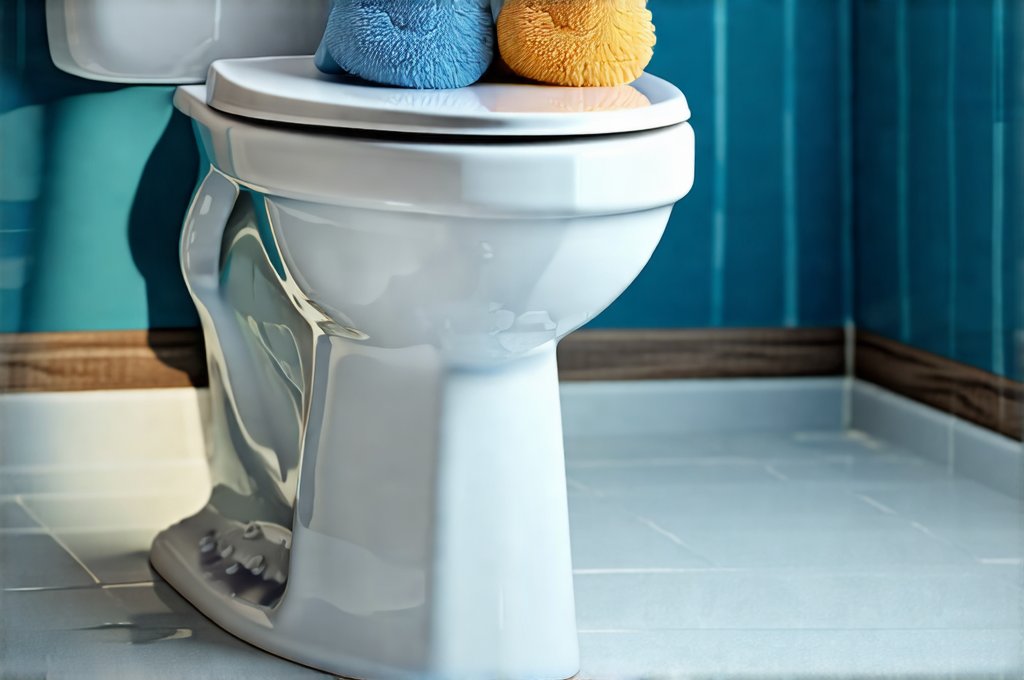Navigating social life can be a joy, filled with connection and shared experiences. However, when frequent urination becomes part of your daily reality, it introduces an additional layer of complexity – one that can often feel isolating and anxiety-inducing. The fear of needing to excuse yourself constantly, the worry about accidents, and the overall disruption to spontaneity can significantly impact your willingness to participate in social activities. It’s understandable to feel frustrated, embarrassed, or even discouraged when a bodily function starts dictating your social calendar. This isn’t just about inconvenience; it’s about maintaining quality of life and preserving your relationships.
This article aims to provide practical strategies and thoughtful considerations for balancing a vibrant social life while managing frequent urination. It’s not intended to diagnose or treat any medical condition, but rather to offer support and empower you with tools to navigate this challenge with confidence and grace. We’ll explore ways to proactively manage your needs, communicate effectively with friends and family, and reclaim the joy in social interactions without letting urinary concerns hold you back. Remember, living a full and fulfilling life is possible even when facing these kinds of challenges; it simply requires adaptation and self-compassion.
Understanding the Landscape: Frequent Urination & Social Impact
Frequent urination can stem from a variety of causes – anything from dietary habits (caffeine, alcohol) to underlying medical conditions like urinary tract infections, overactive bladder, or diabetes. It’s crucial to consult with a healthcare professional to determine the root cause and appropriate treatment plan. However, even with proper medical care, managing frequent urination often requires ongoing self-management strategies. The social impact can be significant; it’s not uncommon for individuals to experience social anxiety, withdraw from activities they enjoy, or feel self-conscious about their condition. This withdrawal can lead to feelings of loneliness and isolation, further exacerbating the emotional burden. Recognizing this cycle is the first step toward reclaiming control.
The key to minimizing disruption lies in proactive planning and honest communication. It’s important to acknowledge that your needs are valid, and you deserve to participate fully in social life without feeling burdened or ashamed. This means understanding your personal triggers and limitations, and then developing strategies to address them. For example, knowing which beverages exacerbate your symptoms allows you to make informed choices when socializing. Similarly, being aware of restroom availability at different venues can help alleviate anxiety and empower you to confidently engage in activities. Remember that adapting isn’t about sacrificing your social life; it’s about modifying how you approach it. If planning ahead feels daunting, consider resources like plan your day to ease the process.
Strategies for Social Navigation: Planning & Communication
Planning is paramount when managing frequent urination and maintaining a social life. Before accepting an invitation, consider the duration of the event, the location (and availability of restrooms), and the potential triggers that might exacerbate your symptoms. If attending a long event, scout out the restroom locations beforehand or discreetly ask staff about their availability. It’s also helpful to have a “bail-out” plan – knowing you can leave if needed without causing undue disruption can significantly reduce anxiety. Don’t be afraid to arrive slightly late or leave early—this is a perfectly reasonable accommodation and doesn’t diminish your enjoyment of the event.
Communication, while potentially daunting, is also essential. You don’t need to disclose intimate details about your condition, but letting close friends and family know that you have a medical issue requiring occasional restroom breaks can foster understanding and support. A simple explanation like “I have a sensitive bladder” or “I sometimes need to use the restroom more frequently” is often sufficient. Honesty builds trust and allows others to be accommodating without feeling awkward. It’s also okay to politely excuse yourself without offering an explanation—your privacy matters. The goal is to create an environment where you feel comfortable and supported, allowing you to enjoy social interactions without constant worry. If these conversations feel difficult, resources for discussing UTIs may offer a starting point.
Managing Anxiety & Self-Consciousness
Anxiety often accompanies frequent urination, fueled by fear of accidents or judgment. This can lead to a self-fulfilling prophecy – the more anxious you are, the more likely you are to focus on your symptoms and potentially exacerbate them. Mindfulness techniques, such as deep breathing exercises or meditation, can help calm your nerves and reduce anxiety levels. Practicing these techniques regularly, even when not socializing, can build resilience and improve your ability to manage stress in social situations. Focusing on the present moment rather than dwelling on potential mishaps is key.
Self-consciousness is another common challenge. It’s important to remember that needing to use the restroom frequently is a medical issue, not a personal failing. Many people experience similar challenges, even if they don’t openly discuss them. Challenge negative self-talk and replace it with positive affirmations. Remind yourself that your worth is not defined by your urinary habits. Focus on your strengths and contributions to social interactions – your wit, humor, kindness, or intelligence—rather than fixating on your condition.
Dietary & Lifestyle Considerations
Diet plays a significant role in bladder health. Certain foods and beverages can irritate the bladder and exacerbate symptoms of frequent urination. Common culprits include caffeine, alcohol, carbonated drinks, spicy foods, acidic fruits (citrus, tomatoes), and artificial sweeteners. Identifying your personal triggers through elimination diets or careful observation can help you make informed choices about what to consume before socializing. Staying hydrated is important, but avoid drinking excessive amounts of fluids right before an event.
Lifestyle factors also contribute to bladder health. Maintaining a healthy weight, exercising regularly, and avoiding smoking can all improve bladder function. Pelvic floor exercises (Kegels) strengthen the muscles that support the bladder and urethra, helping to prevent leakage and reduce urgency. Consult with a physical therapist specializing in pelvic floor health for personalized guidance on proper technique. Tracking pelvic fatigue can also help you understand your body’s limits and adjust accordingly.
Building Support Networks & Seeking Resources
Don’t underestimate the power of support networks. Connecting with others who understand your experience can provide invaluable emotional support, practical advice, and a sense of community. Online forums, support groups, or even simply talking to trusted friends and family can help you feel less alone. Sharing your experiences can be incredibly liberating and empowering. Remember that seeking help is a sign of strength, not weakness. If social events are causing undue stress, learning how to handle them may provide some relief.
Numerous resources are available for individuals managing bladder health issues. Organizations like the Urology Care Foundation and the National Association for Continence offer information, support, and advocacy. Your healthcare provider can also connect you with specialists who can provide personalized guidance and treatment options. Knowledge is power, and staying informed about your condition empowers you to take control of your health and well-being.





















